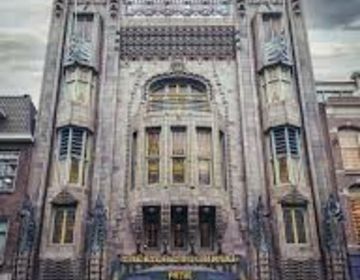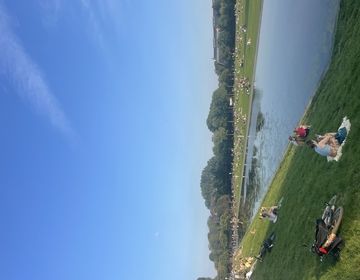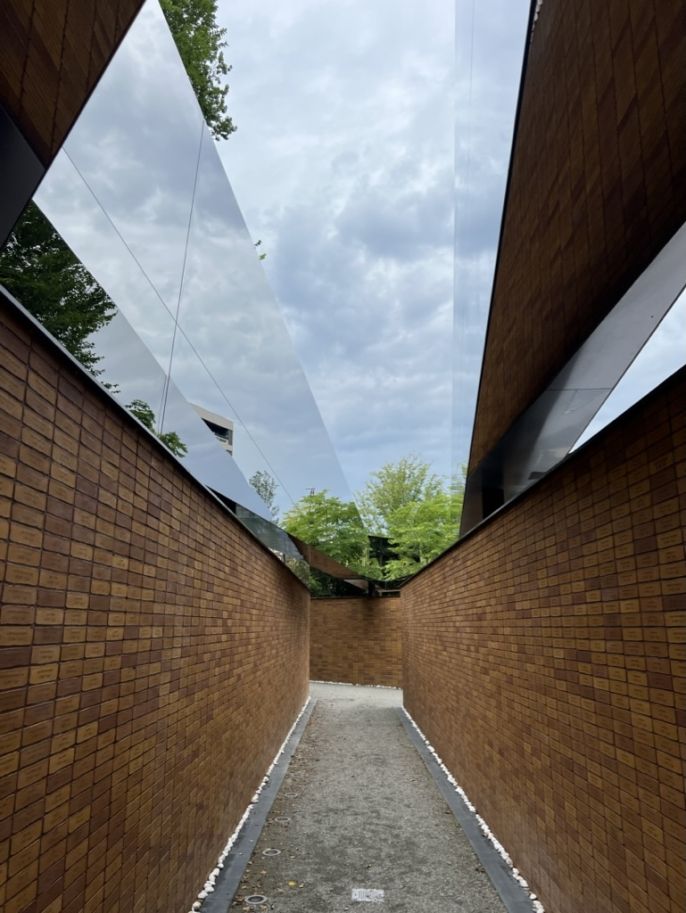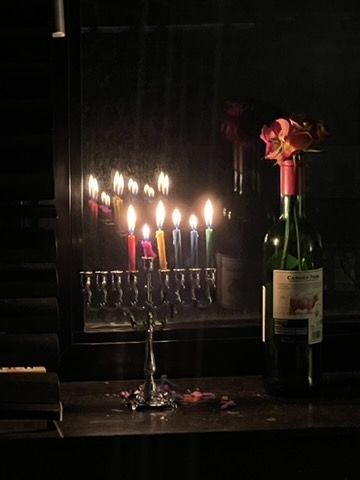Navigating Europe's Dark History: A Personal Journey Through Antisemitism and the Holocaust
By: Sasha Lehrer
Traveling through Europe as a Jewish woman is not just a cultural exploration but a deeply personal journey that intertwines joyous discoveries with the painful echoes of history. As I traverse the continent, the beauty of the landscapes contrasts sharply with the somber reality of antisemitism and the haunting legacy of the Holocaust. Facing these challenges alone amplifies the emotional weight, especially when confronted with the significant and painful places where my own family suffered unimaginable losses.
Exploring Holocaust memorial sites and museums has been an emotionally charged experience, as I grapple with the realization that the places I visit hold a profound connection to the traumatic events that shaped my family's history. Standing in the same locations where my ancestors faced persecution and, in some cases, met their tragic end, is a visceral reminder of the indelible impact of antisemitism.
Confronting this dark history alone intensifies the emotional toll. The weight of the past is not just historical; it is personal. Being in places where my family members were murdered transforms the journey into a deeply significant and sometimes painful process of reckoning with the past.
Amidst these emotional challenges, finding solace in communities like Chabad on campus at UVA and connecting with Jewish students in the CIEE program has provided a crucial support system. These communities offer a safe space to share the personal struggles and traumas associated with exploring one's Jewish heritage in the very places where atrocities occurred.
The current global climate, particularly heightened by the Israel-Palestine conflict, adds another layer of complexity to my journey. Conversations about Judaism, Holocaust remembrance, and Israel can be emotionally charged and, at times, contentious. Connecting with fellow Jewish travelers has become not just a source of companionship but a means of navigating these sensitive discussions with individuals who understand the deeply personal nature of these conversations.
In conclusion, traveling through Europe as a Jewish woman is a poignant and personal journey that necessitates confronting not only the historical and current challenges of antisemitism but also the traumatic legacy of the Holocaust. Finding support within communities, both on campus and in the CIEE program, has been a lifeline, transforming this solo expedition into a shared exploration of resilience, remembrance, and healing. As I continue to navigate these emotional landscapes, I am reminded that my journey is not just a cultural exploration—it is a deeply personal odyssey through time, history, and the enduring spirit of my ancestors.
Related Posts

EAT, DRINK, EXPLORE: AMSTERDAM
BEST FOOD TO EAT IN AMSTERDAM You’ll be craving apple pie ( appeltaart) long after you’ve returned home from studying abroad in Amsterdam. That’s because it’s not your grandmother’s apple... keep reading

Pathé Tuschinski Movie Theater in Amsterdam
By: Ellie Stein If you are a movie lover like me, Amsterdam’s 1920s movie theater will be one of your favorite spots to visit in Amsterdam. The art deco style... keep reading

Embracing Sustainable Travel
By: Mya Cummins When I decided to study abroad in Amsterdam with CIEE, I knew I’d be stepping into a city famous for its canals, art, and rich history. What... keep reading


